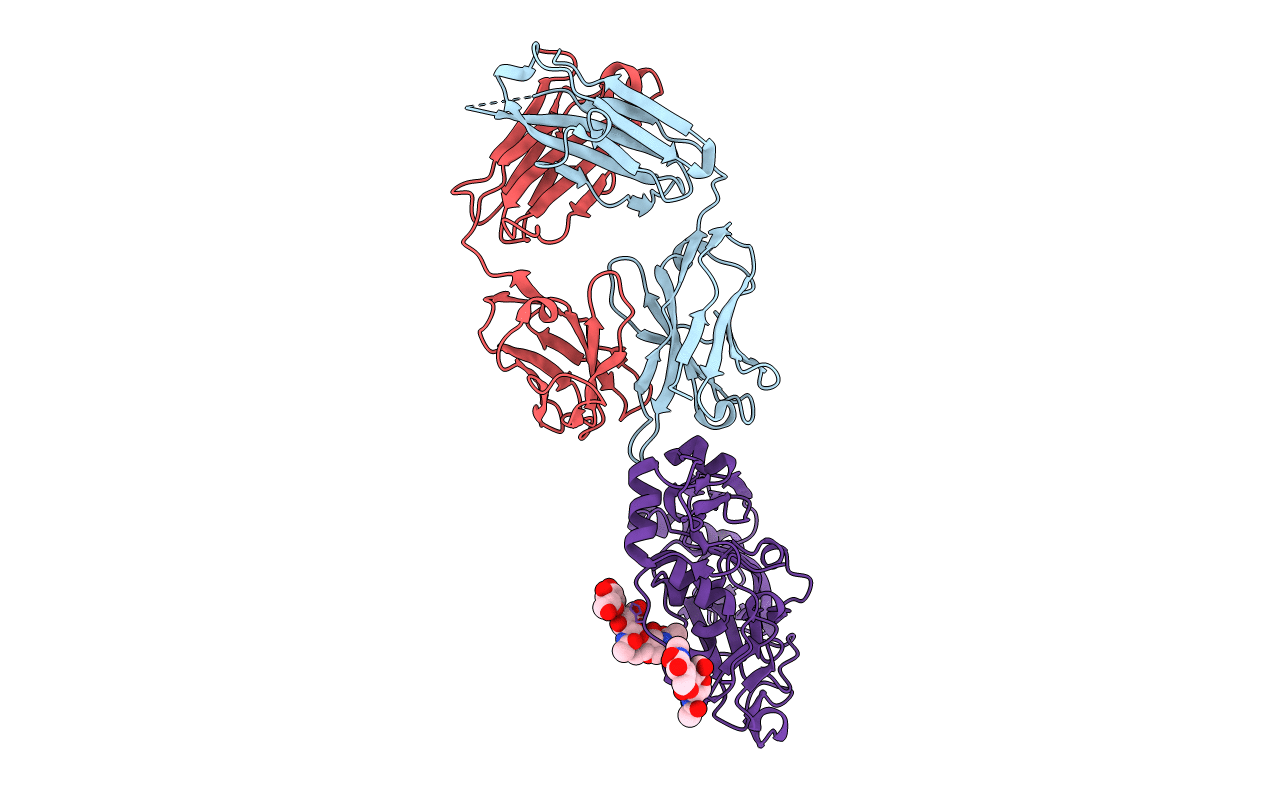
Deposition Date
2017-07-19
Release Date
2017-09-13
Last Version Date
2024-11-13
Entry Detail
Biological Source:
Source Organism(s):
Homo sapiens (Taxon ID: 9606)
Severe fever with thrombocytopenia virus (Taxon ID: 1003835)
Severe fever with thrombocytopenia virus (Taxon ID: 1003835)
Expression System(s):
Method Details:
Experimental Method:
Resolution:
2.10 Å
R-Value Free:
0.21
R-Value Work:
0.16
R-Value Observed:
0.17
Space Group:
P 21 21 21


